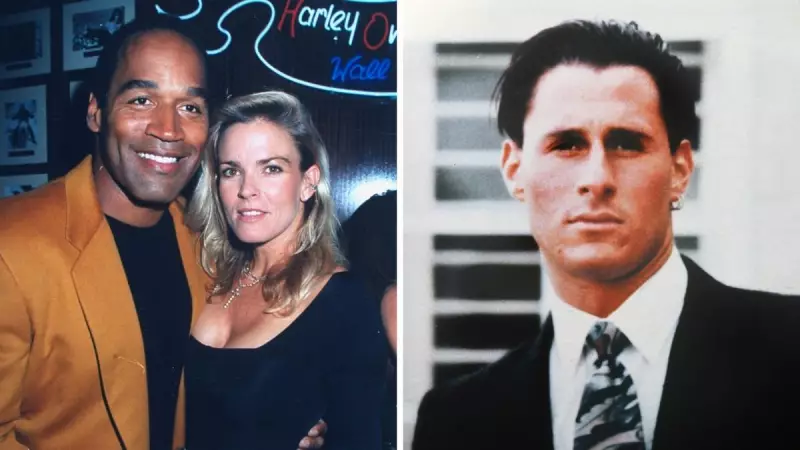
In a dramatic conclusion to one of the most protracted legal sagas in modern history, the estate of OJ Simpson has finally agreed to compensate the family of Ron Goldman nearly three decades after they won a wrongful death judgment against the former NFL star.
The Three-Decade Legal Odyssey
The settlement sees Simpson's estate paying the Goldman family US$57 million (approximately A$87 million), bringing partial closure to a case that has captivated audiences in Australia and worldwide since 1994. The agreement comes after Simpson's death from cancer last year at age 76.
This development represents a complete reversal from estate executor Malcolm LaVergne, who had previously vowed to never pay the Goldman family. According to reports from TMZ, LaVergne has now formally accepted Goldman's creditor claim for $57,997,858.12 plus three decades of accumulated interest.
From Criminal Acquittal to Civil Liability
The case traces back to the brutal June 1994 murders of Ron Goldman and Simpson's ex-wife, Nicole Brown Simpson, who were found stabbed to death outside her Los Angeles home. While Simpson was famously acquitted of the criminal charges in a trial that dominated global headlines, the Goldman family pursued justice through the civil courts.
In 1997, they successfully won a wrongful death lawsuit against Simpson. Last year, following Simpson's death, the Goldman family filed a new claim against his estate for $117 million, ultimately resulting in the current $57 million settlement agreement.
Funding the Settlement Through Estate Assets
The estate plans to raise funds to satisfy the judgment through unconventional means. LaVergne revealed that the estate intends to auction off various items, including some that were reportedly stolen, to settle the massive debt.
In a significant decision, the executor stated he has declined the majority of creditor claims against Simpson's estate, choosing only to accept the Goldman family's claim and one from the Internal Revenue Service.
The Goldman family has responded cautiously to the development. In their statement, they emphasized that while the executor's acceptance acknowledges the debt, it doesn't constitute actual payment. They plan to continue monitoring the probate process as it moves forward.
This settlement brings a measure of resolution to a case that has remained in the public consciousness for nearly thirty years, demonstrating that while criminal justice may sometimes fall short, civil accountability can eventually follow.





